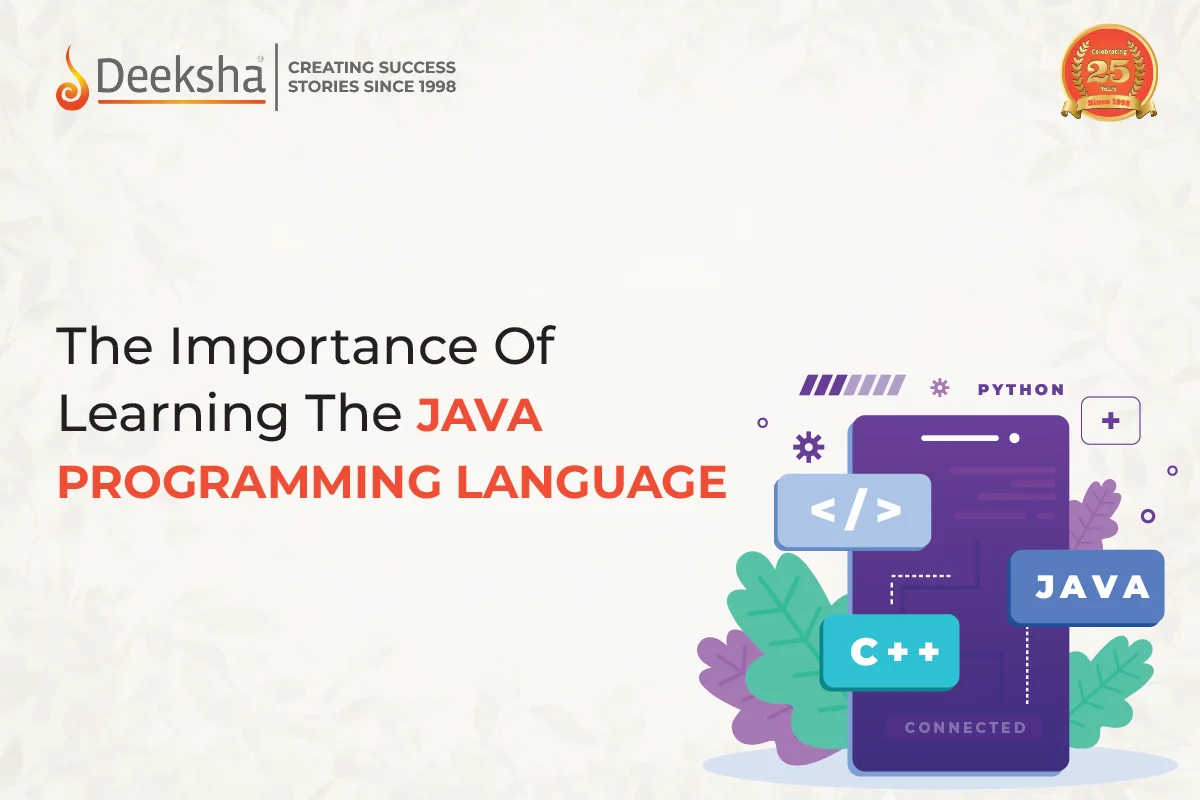If you are tech-savvy and looking to make a career in the tech domain; you would have heard of Java. It is one of the most popular computing platforms and general-purpose programming languages in the world. According to the published sources at Oracle, it is also used in over 3 billion devices. After looking at the innumerable devices going with Java and organizations adopting it, one can say that Java is bound to remain for many years. However, we have also discovered a few vital reasons to consider learning Java. Read on
- A Wide Range of Job OpportunitiesThe World needs Java developers in every industry. According to Glassdoor and Indeed — few of the very few fastest-growing jobs and recruiting sites, the average salary for Java Developers across the globe is very high. However, Indeed also reports that there is also a significant increase in job postings for Java developers over the last few years, and the trend is soaring upward. Java developers will remain in demand in the days ahead, and as per the statistics from the Bureau of Labour Statistics, there will be 30 percent growth in software development through 2020. Individual salary will also depend on the job requirements, employer, and qualifications of the developer
- In-Demand Programming LanguageAccording to TechRepublic, 2017 has seen a massive growth trend for Java developers and the jobs related to Java are the hardest to fill. The demand for Java skills is growing each day and creating a demand for programmers. It is over 20 years old, used by a high number of devices and developers. With an innate ability to run on any hardware and operating system through the Java Virtual Machine, most of the android apps are based on Java and close to 90 percent of Fortune 500 companies employ Java as a server-side language for backend development.
- Java is Omnipresent
Yes, Java is omnipresent. From desktops to mobile games and e-payments to navigation systems. Technically, “Java everywhere” is an end-to-end solution and single-architecture in the new age technologies. The Java platforms are on client-side (Java 2 Platform, Standard Edition, and Micro Edition, or J2SE and J2ME), server-side (Java 2 Platform, Enterprise Edition, or J2EE) and inside embedded devices. They also share a few basic language features, designs, API, development tools, and libraries. Although there are many functional programming languages, they have a long way ahead to meet the standards of Java - Java is Used in Real-World Applications
In real-world applications such as Android apps, financial services, and web applications, Java programming is vital. The most used language for Android app development is Java because its APIs are primarily designed from Java. Many financial institutions rely on Java to run back off and from office electronic stock to market trading systems. It is also used to write confirmation systems, settlements, and projects in the banking sector. Due to Java’s scalability, E-Commerce websites depend on Java to scale their site when new products are introduced into their shelves.
Java programming language was designed for adaptability, helping developers to program on most of the machines, regardless of platform or architecture. Hence, Java is bound to stay in the industry and learning Java very important for one’s career


![Karnataka 2nd PUC Result 2024 [Live Updates]](https://deekshalearning.com/wp-content/uploads/2024/04/Karnataka-2nd-PUC-Result-2024-500x383.webp)


Get Social